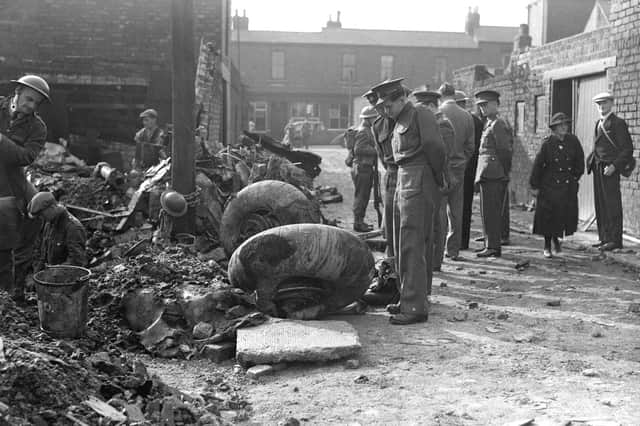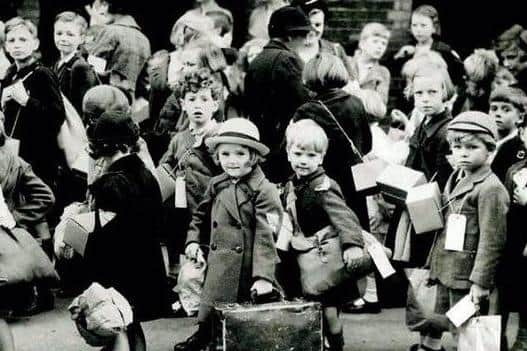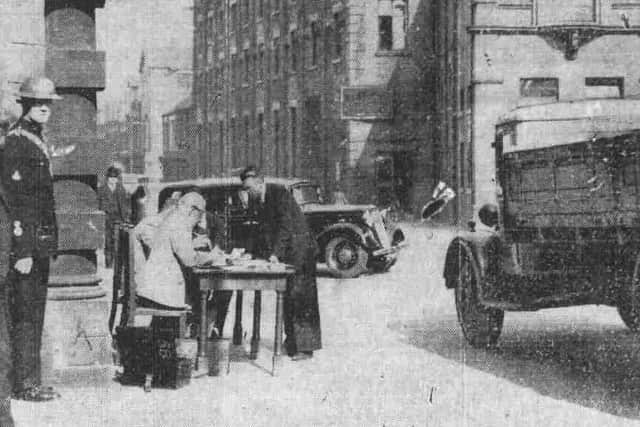'When the bombing came, they made a vital contribution' .... why Sunderland was vital to the war effort


That’s what historian and author Dr Craig Armstrong found when he researched Sunderland for his new paperback book which was released this month.
The 112-page publication describes how Sunderland found itself on the front line for war because of its coal industry, ship building and other key industries.
Advertisement
Hide AdAdvertisement
Hide Ad"The town experienced several heavy air raids, including one which caused a great deal of damage to both housing and key industries, as well as resulting in serious casualties to the civilian population,” said the book called ‘Sunderland At War 1939-45’.


But Sunderland was up to it and volunteers filled the gaps when Wearside suffered ‘considerable disruption and dislocation’ from the air raids.
‘When the bombing came, these volunteers were to make a vital contribution’, said the book.
Yet the fight back home wasn’t the only way that Sunderland helped the war effort. Its people were determined to sign up and do their bit for their country on the front line.
Advertisement
Hide AdAdvertisement
Hide AdThe town ‘had a proud tradition of military service and many of her men and women volunteered for service in the armed forces, with many paying the ultimate price in defence of freedom’, said the book.


"A large number of Sunderland men served in the Merchant Navy, while the Royal Navy also boasted many Wearsiders. The local Army regiment, the famed Durham Light Infantry, also boasted many Wearsiders and the regiment saw action in almost every theatre of the war.
"For other Wearsiders, the attraction of flight drew them to service in the ranks of the RAF, for some, service in Bomber Command was motivated by a thirst for vengeance after witnessing the bombing of their home town.”
Northumberland-born Dr Armstong is an expert in 19th and 20th Century history, with a particular focus on social and military history.
Advertisement
Hide AdAdvertisement
Hide AdHe is a a freelance author and researcher and works with heritage groups as well as teaching part-time at Newcastle University.
All this and more is covered in Dr Armstrong’s new book which is £14.99 in paperback from Pen & Sword Military.
A message from the Editor: